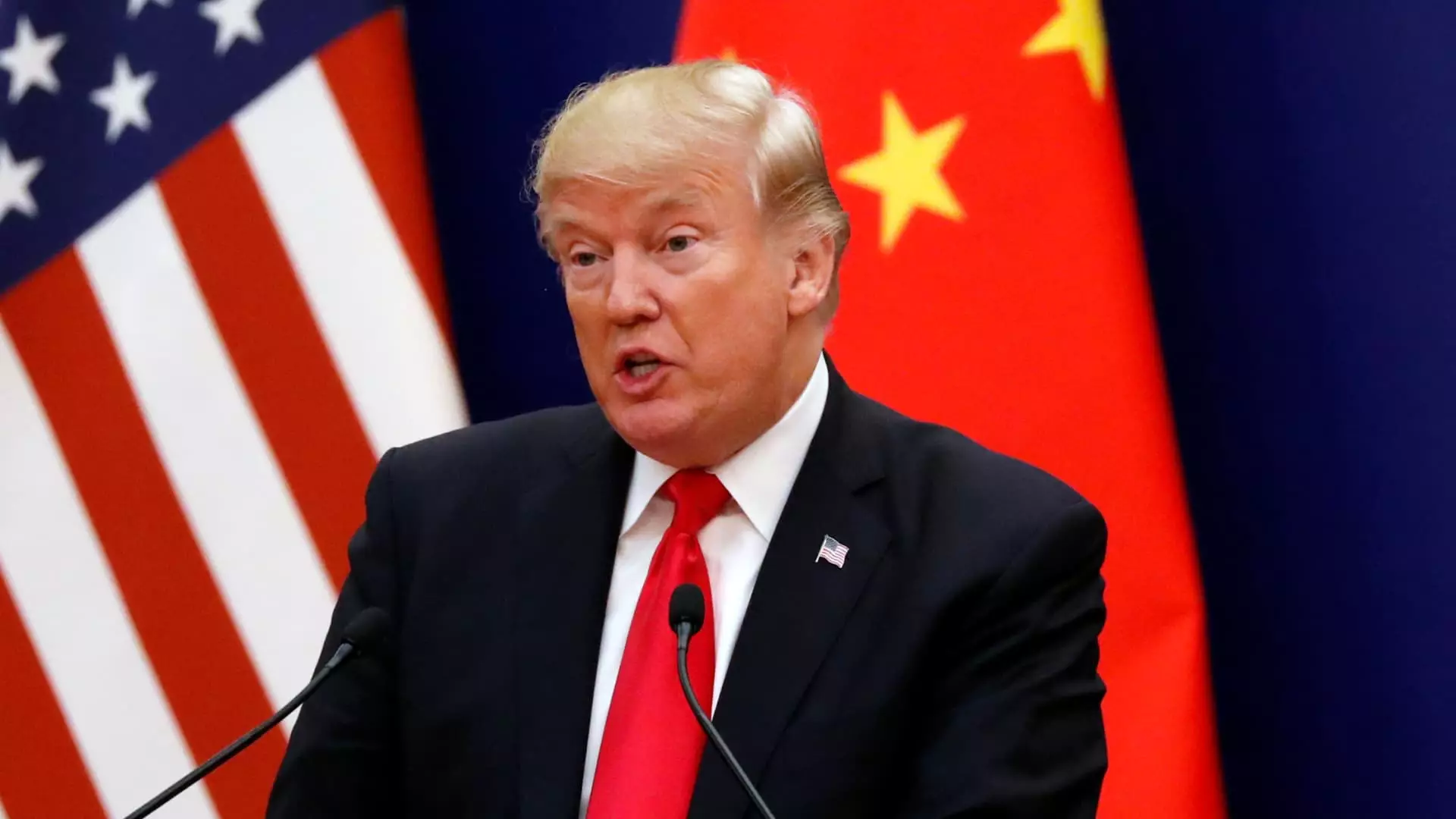Former President Donald Trump has been vocal about his support for tariffs, claiming that they are beneficial both economically and politically for the United States. He emphasized the importance of imposing tariffs when countries take advantage of the U.S. by flooding the market with cheap goods. Trump’s approach to tariffs was seen as a strategic tool to assert power in international trade relations, especially with countries like China and Mexico.
During his time in office, Trump implemented various tariffs on imported goods from China, Mexico, and the European Union, among others. These tariffs ranged from specific products like steel and aluminum to broader industries like automobiles. While Trump’s supporters lauded his efforts to protect American industries from foreign competition, critics argued that tariffs could lead to higher prices for consumers and disrupt global supply chains.
China emerged as a primary target of Trump’s trade policies, particularly in regards to the steel and automobile industries. Trump accused China of undercutting American businesses by flooding the market with cheap steel, leading to job losses in the U.S. He also criticized China’s dominance in the automobile sector, expressing a desire to bring manufacturing back to the United States. The imposition of tariffs on Chinese goods was aimed at incentivizing companies to invest in domestic production.
While Trump’s tariffs were applauded by some for protecting American jobs and industries, others viewed them as counterproductive. Critics argued that tariffs could lead to retaliatory measures from other countries, resulting in a trade war that could harm the global economy. Additionally, the increased prices of imported goods could contribute to inflation, although during Trump’s presidency, inflation remained relatively low compared to his successor, President Joe Biden.
The Future of Tariffs
As Trump considers a potential return to office, his stance on tariffs continues to shape the economic discourse. He remains a steadfast advocate for using tariffs as a tool to promote domestic manufacturing and protect American workers. However, the efficacy of tariffs as a long-term economic strategy remains a contentious issue, with proponents and opponents offering differing perspectives on their impact on the economy.
The debate over tariffs and their role in the economy is far from settled. While Trump’s tenure highlighted the potential benefits of using tariffs to address trade imbalances, their broader implications remain a subject of ongoing discussion. As the global economy continues to evolve, understanding the complexities of tariffs and their impact on international trade relations will be crucial for policymakers and economists alike.



Leave a Reply